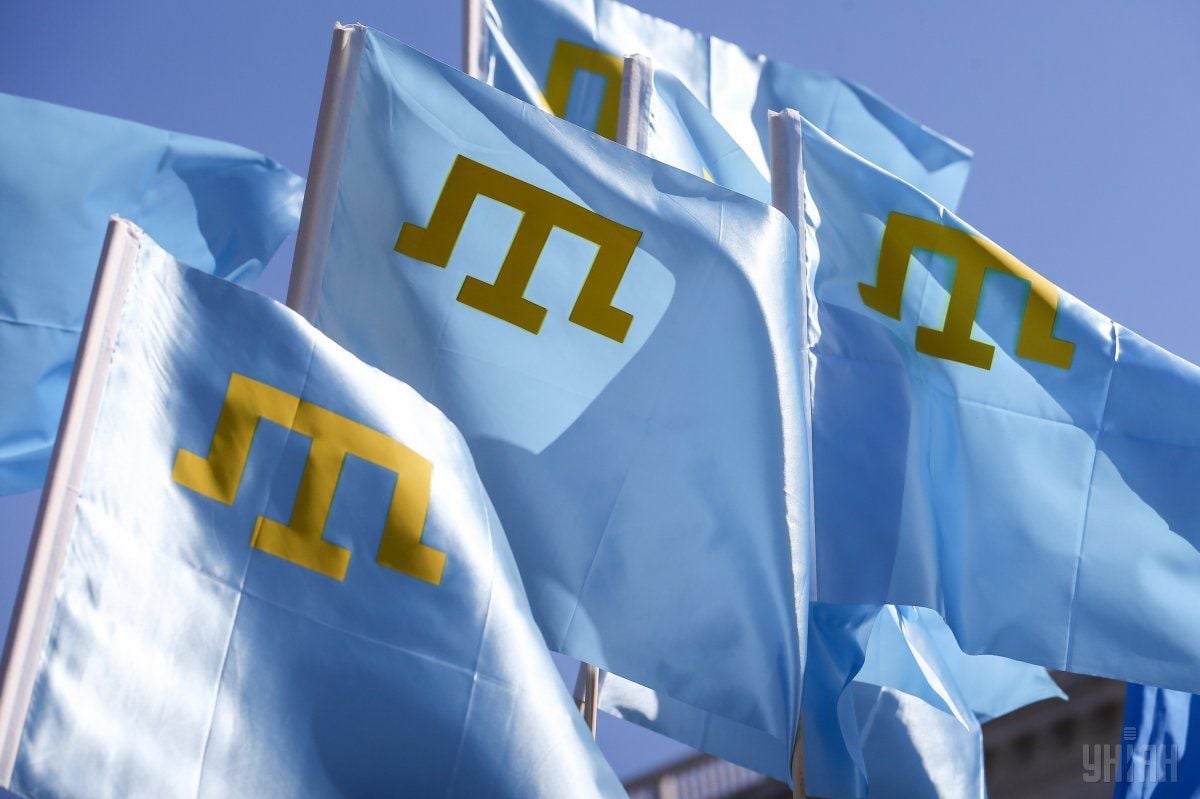
According to human rights expert, Vitaly Ponomaryov, Russia has used anti-extremism legislation to launch “a conveyor belt of political repression where you can be sentenced on the basis of spurious cases which have little in common with reality”, KHPG reports.
And, as Crimeans are rapidly discovering under Russian occupation, this conveyor belt, “until it’s stopped, will demand more and more victims”.
Since the first four arrests in early 2015, 25 Ukrainian Muslims have been imprisoned on unproven charges of involvement in Hizb ut-Tahrir, a pan-Islamist organization which is not known to have committed acts of terrorism anywhere in the world and which is legal in Ukraine. Russia’s Supreme Court once declared it ‘terrorist’, without providing a proper explanation or allowing the ruling to be appealed, and now regularly sentences men to 10, 20 years or even life on such spurious charges.
Read alsoEmine Dzhaparova: Our main success story in Crimea is Chonhar tower broadcasting 4 radio stations and 5 TV channels across occupied territoryAt the beginning of October, the FSB added another weapon to its arsenal in occupied Crimea with the arrest of four Crimean Tatars on charges of involvement in the international, apolitical and peaceful Tablighi Jamaat movement which Russia banned as ‘extremist’ in 2009.
‘Extremism’ is now so broadly interpreted, Ponomaryov adds, that expressing positive emotions about your faith can get you charged with propagating exclusiveness and supremacy, while if you talk about persecution of Muslims, even in a far-off country, you’ll be accused of ‘inciting enmity’.
Read alsoMilitary expert says Putin not to withdraw from Crimea any time soonWhat links Hizb ut-Tahrir and Tablighi Jamaat is the mechanism for prosecution. In almost all cases, the indictment is based on questionable testimonies of "secret witnesses" and covert audio or video recordings which are given the interpretation required by FSB "experts".
This is how they make their careers, and in most cases they don’t bother even trying to prove the supposed calls to violence or overthrowing the regime, the article says. The focus is purely on proving that somebody belongs to the real or mythical organization. The ‘evidence’ provided is sometimes absurd.
Twenty-nine men are currently serving sentences or in indefinite detention, and this figure is rapidly increasing. The last arrests were especially brazen, being of men who have taken part in Crimea Solidarity, the initiative set up to help families of victims of repression.

